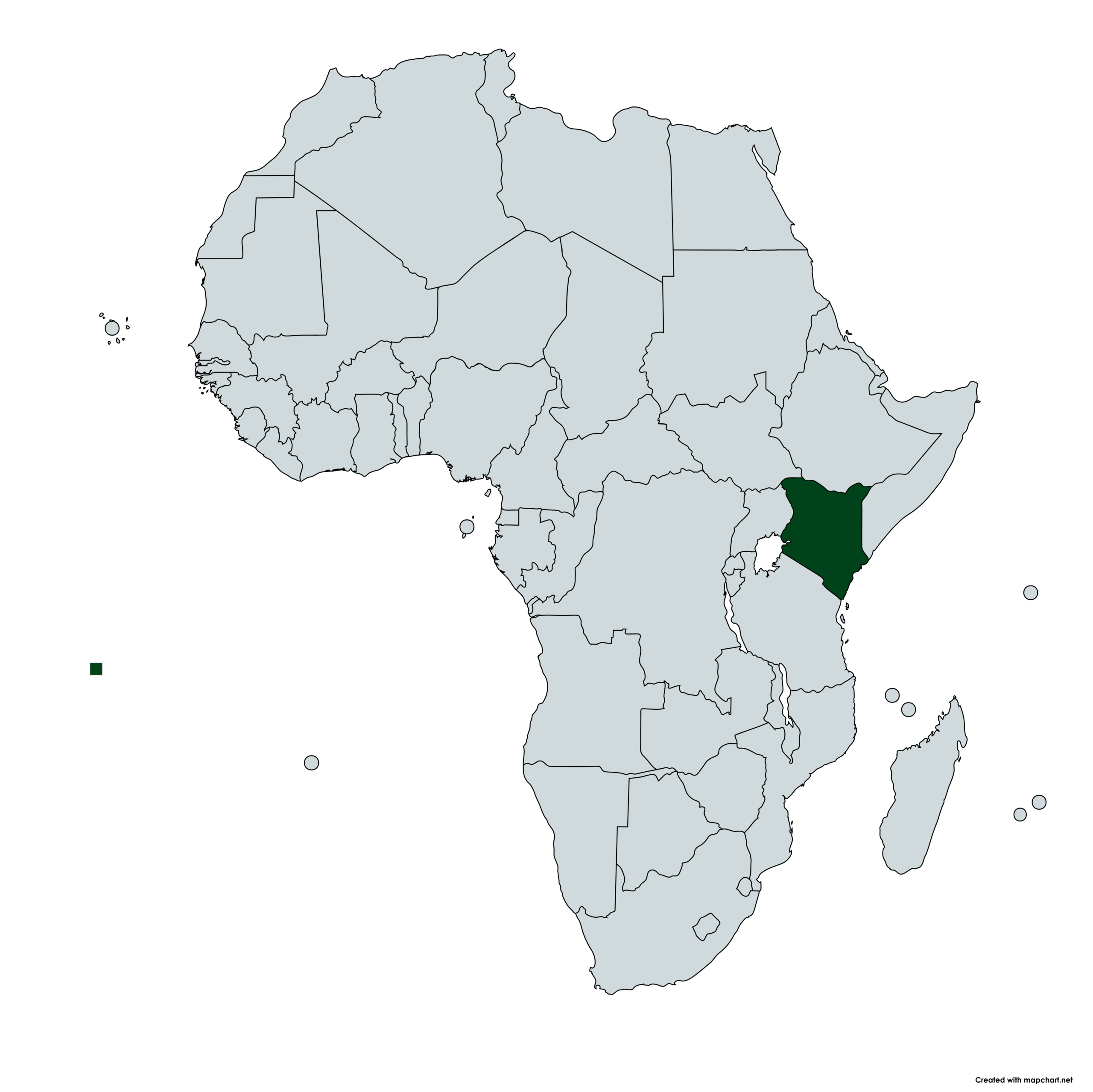Kenya Safari FAQs – Your Complete Travel Guide
Planning a safari in Kenya? Whether it’s your first time or your fifth, this detailed FAQ answers the most common Kenya safari questions — from best time to travel, visa requirements, and accommodation types, to group joining safari tours, costs, and logistics.
Explore all you need to know before you book your dream Kenya Big Five safari.

Planning & Booking Your Safari
Most Kenya safari packages include:
Airport transfers in Nairobi
Transport in a 4x4 Land Cruiser with pop-up roof
Full-board accommodation in safari lodges or tented camps
Park entry fees
Daily game drives
Services of an English-speaking driver-guide
Bottled drinking water during game drives
The best time for Kenya safari travel is:
July to October: Dry season, best wildlife sightings, and Great Migration in Masai Mara
January to March: Green season with fewer crowds and great visibility
Budget group safaris: From $180–$250 per day
Mid-range private tours: $300–$500 per day
Luxury Kenya safari package: $600–$1,200+ per day
Factors influencing your Kenya safari cost include season, number of parks, travel method, and accommodation class.
Yes. Our group joining safaris are ideal for solo travelers or small groups who want to reduce costs by sharing the vehicle and guide. These tours typically depart on fixed dates from Nairobi.
Absolutely. All of our safaris can be tailored to match your preferences — from choosing specific parks to lodge upgrades, adding domestic flights, or extending to the beach.
Kenya is home to all members of the Big Five: lion, leopard, rhino, elephant, and buffalo. While sightings can never be guaranteed, our expert guides have a high success rate.
Safari lodge: Solid walls, private ensuite bathrooms, often with swimming pools
Tented camp: Canvas walls, often with ensuite showers, offering a closer-to-nature feel
Both Kenya safari accommodations come in budget, mid-range, and luxury options.
Neutral-colored clothing
Insect repellent
Sunscreen and sunglasses
Reusable water bottle
Lightweight rain jacket
Binoculars and camera
Yes. All safari lodges and tented camps in our packages include mosquito nets or screened sleeping areas.
We use custom-built 4x4 Land Cruisers with pop-up roofs for optimal wildlife viewing, air conditioning, and charging ports.
We recommend one soft-sided bag (15kg max) per traveler due to space limitations in the safari vehicle.
Yes. If you're starting your safari from Nairobi, we offer free luggage storage at our office or partner hotels.
By road: 5–6 hours (via Narok)
By air: 45-minute flight from Nairobi’s Wilson Airport
Yes. All tours include airport–hotel–airport transfers on arrival and departure days unless stated otherwise.
We work with a range of handpicked Nairobi hotels, from budget-friendly to luxury, and can book your stay at special safari rates.
Yes! We’ll book your SGR first-class train tickets on request. The journey is about 6 hours and offers scenic views.
Yes, the Standard Gauge Railway (SGR) is safe, modern, and reliable with overhead luggage racks and security checks.
Most travelers need to apply for the Kenya eTA online in advance at www.etakenya.go.ke. It replaces the older eVisa system.
Yes. We can assist you in purchasing a Safaricom SIM card upon arrival, ideal for affordable internet during your safari.
Suggested gratuities:
$10–$15 per person/day for your safari driver-guide
$5–$10 for camp or lodge staff (pooled tip box)
It’s highly recommended to have travel insurance covering trip interruption, medical emergencies, and evacuation.
Yes. We accommodate vegetarian, vegan, gluten-free, halal, and allergy-specific requests. We also design accessible safaris for guests with mobility needs.
Still Have Kenya Safari Questions?
We’re here to help! Get instant support or request a personalized safari consultation.
Call/WhatsApp: +254 112458884
Chat with a Safari Consultant
Request a Custom Quote


